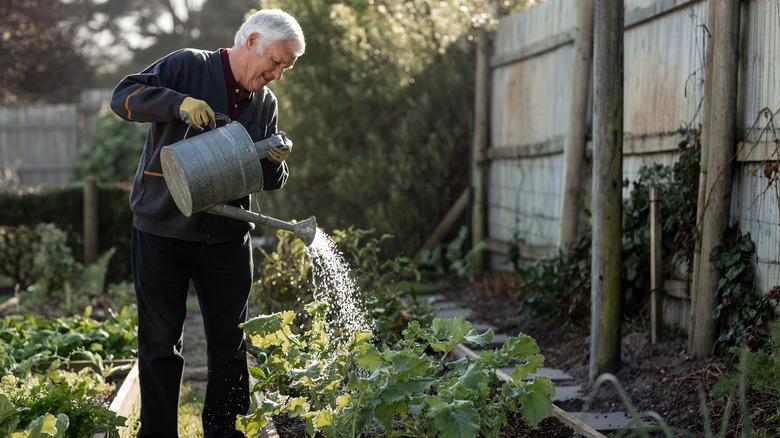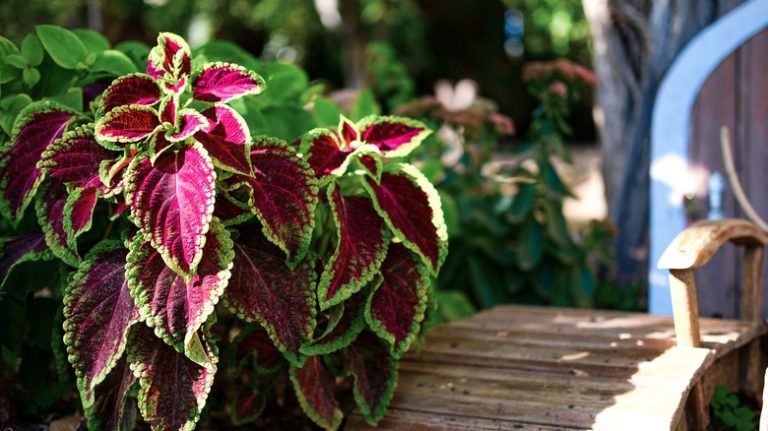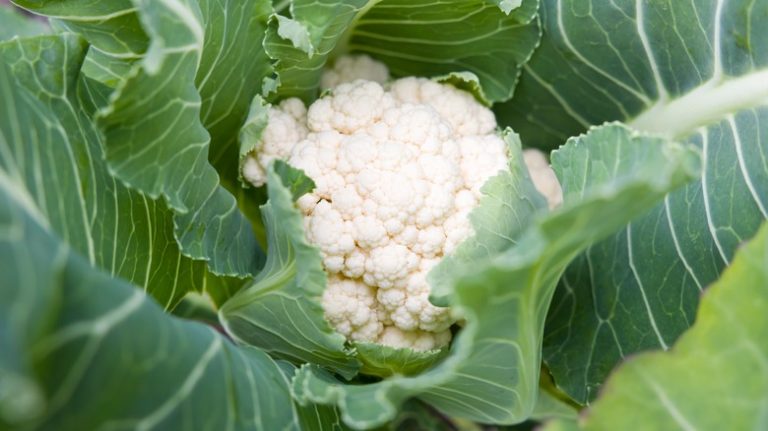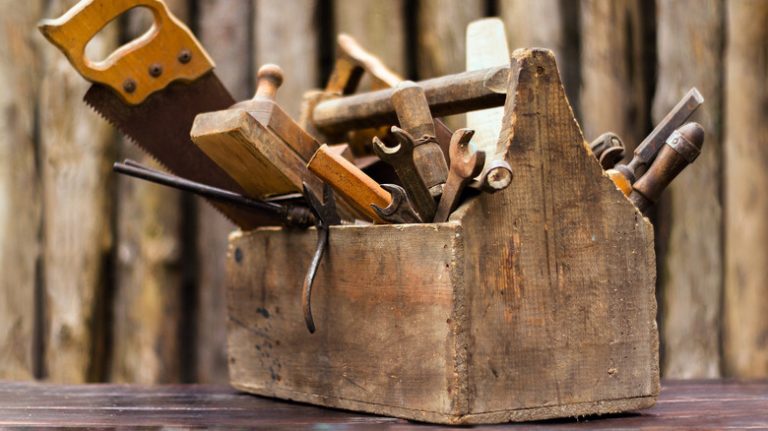About 90% of homes in the United States rely on air conditioning to keep cool, especially during the hot spring and summer months. Air conditioners (AC) work by passing warm air around a coil filled with refrigerant, which cools the air before it blows back into your home. Like a cold soda can on a hot day, the cooling coils in air conditioners collect a lot of condensation as a result of this process. In fact, condensation from some air conditioners may amount to as much as 5 to 20 gallons of water every day, especially during the hottest days of the summer. Instead of letting that dripping water from the air conditioner go to waste, collect the AC condensation to affordably water your garden.
This is a cheap way to water your garden, as you’ll save money on your water bill by using condensation that typically doesn’t have another use. Further, this hack isn’t only a smart way to save money and conserve resources, as it also has some advantages over tap water for your garden plants. Here’s what you need to know to start collecting AC condensation for your plants and how it can give them a healthy hydration boost.
How to collect AC condensation
Collecting and using your air conditioner condensation is even easier than you might think. If you have central heating and air in your home, start by taking a look around the exterior of your house for a pipe in your wall or attic that’s draining into your yard. Drainage pipes are usually made of PVC or copper and can be found near the air conditioning unit, but some may be hidden by rocks or bushes. Once you’ve found your AC drainage line, run the pipe so it drips into a large storage container. One drop at a time, the barrel will slowly fill up with perfectly clean and usable water for your garden. You can collect the condensation drips in a large, food-grade rain barrel that has a spout at the bottom. You could also install a hose with a battery-operated pump to improve water pressure.
Even if the AC unit is in a closet or garage on a sump pump, you can still collect the water. The hack can also work for window AC units that drip condensation outside — simply place a water receptacle below the window, but be sure to account for mosquitoes and other wildlife that could fall in. You may also want to cover your rain barrel with a mesh screen, especially if you live in an area with abundant mosquitoes.
Condensation delivers 100% pure water

Unlike water from the garden hose, condensation from your AC unit is pulled directly from water molecules in the air. This means that the water is totally pure! Air conditioner water doesn’t contain chemicals like fluoride, chlorine, and chloramine, which are commonly found in treated municipal water. These chemicals are added to keep the water clean for human consumption, but they’re not very healthy for your plants, especially long-term. When chlorine and chloramine build up in the soil, they can kill beneficial microbes. Fluoride builds up in the vascular systems of plants and affects photosynthesis, leading to stunted growth, yellowing leaves, and failed fruits.
By switching to pure AC condensation, you can save money, prevent water waste, and give your plants a fresh drink of water without any toxic additives. It’s also a great way to use a resource that would have gone to waste. However, if you’re one of the few homes in the United States without air conditioning, water collected by a dehumidifier is just as good and pure as well.



